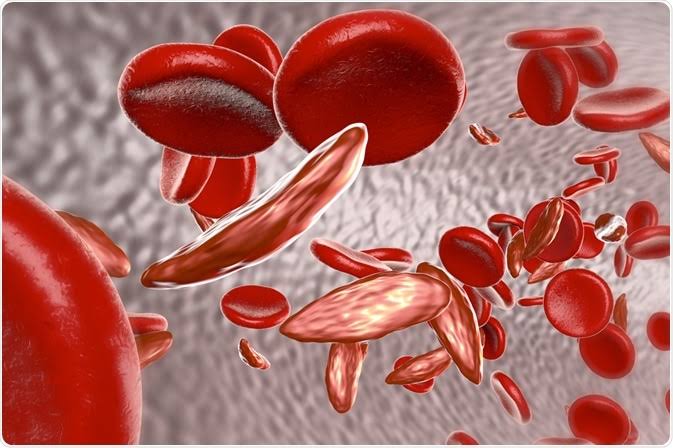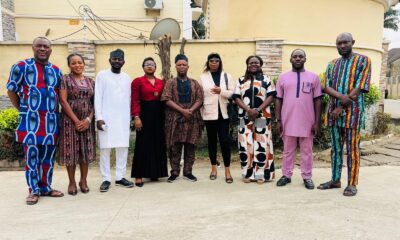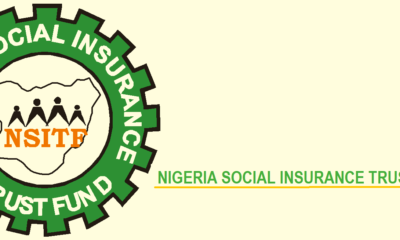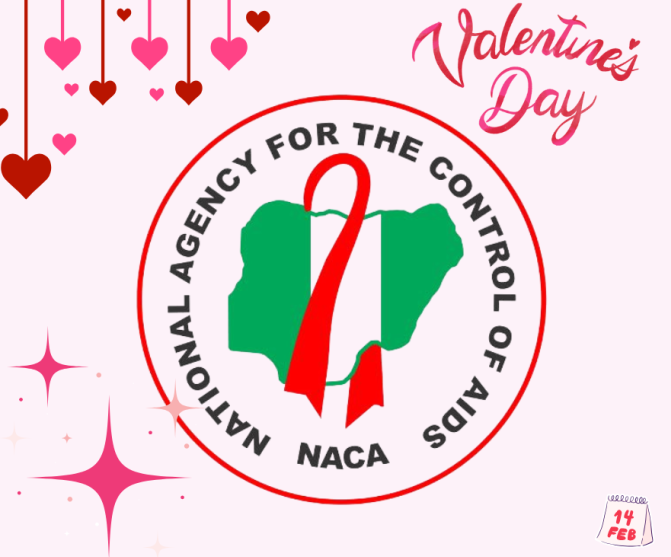News
Sickle Cell Crisis: Nigeria pushes awareness, screening, access to life-saving drugs

Nigeria, home to the world’s largest sickle cell population, is intensifying its battle against the disease with a renewed focus on public awareness around AA and SS genotypes, aiming to prevent new cases and save lives.
NUJ FCT reports that Sickle cell disease (SCD), a hereditary blood disorder caused by a mutation in the HBB gene, affects an estimated 7.74 million people worldwide, with more than 73% in Africa.
In Nigeria alone, around 150,000 babies are born with the condition every year, the highest national figure globally. The disease distorts red blood cells into rigid, crescent shapes, blocking blood flow and triggering severe pain, infections, and organ damage.
Locally, the AA genotype signifies normal hemoglobin, while SS represents sickle cell anemia, the most severe form of the disease. Between them lies the AS “carrier” genotype, which affects roughly one in four Nigerians. If two AS carriers marry, there is a 25% chance their child will inherit SS. This genetic reality underpins nationwide campaigns promoting genotype screening before marriage, with Lagos State among those enforcing mandatory premarital testing.
The burden is staggering. Patients with SS often endure unpredictable pain crises, chronic anemia, and organ damage. In Nigeria, where only 10% of sufferers have consistent access to care, families spend up to ₦500,000 a year on treatment.
Hydroxyurea, a drug proven to reduce crises by half, remains out of reach for many, while lifesaving blood transfusions are hampered by cost and supply shortages.
Globally, SCD caused 376,000 deaths in 2021, with African children the most affected. Fewer than half of those born with the disease on the continent reach their 10th birthday.
Nigeria’s National Sickle Cell Disease Control Program, supported by the World Health Organization, has expanded newborn screening in high-burden states like Edo, reducing child mortality by 15% in targeted areas. Advocacy groups are also driving change through campaigns such as #KnowYourType, which encourage young people to learn their genotype early.
On the cutting edge, new gene-editing therapies such as Casgevy — recently approved in the U.S. and U.K. — offer a “functional cure” for most patients. But with a $2.2 million price tag, such treatments remain far beyond the reach of most Nigerians.
Experts say the path forward requires scaling up universal genotype testing for newborns and couples, subsidising proven treatments like hydroxyurea, and investing in research to adapt gene therapies for African patients. They also stress the need to tackle stigma, which continues to affect marriage prospects and workplace opportunities for people with SS.
With more than half a million babies worldwide born with SCD each year, Nigeria’s push to curb the disease through awareness, prevention, and innovation could set a precedent for other high-burden nations and break a cycle of pain that has persisted for generations.
-

 NUJ FCT1 day ago
NUJ FCT1 day agoNUJ FCT partners Centre LSD on capacity building, mentorship
-

 News1 day ago
News1 day agoUS Lawmakers introduce Bill seeking sanctions against Kwankwaso, Miyetti Allah over alleged religious freedom violations
-

 News1 day ago
News1 day agoTurkish Court jails prominent TV Talent Manager over attempts to overthrow government
-

 News1 day ago
News1 day agoPort Harcourt Ring Road project: Julius Berger delights Gov. Fubara
-

 News1 day ago
News1 day agoAPC Congresses: Ex-APC NWC member warns Yilwatda against handing party structures to Governors
-

 World News1 day ago
World News1 day agoTrump hosts Netanyahu as Iran, Gaza top White House talks
-

 News1 day ago
News1 day agoNSITF dismisses allegations against MD, says claims are false, malicious
-

 News8 hours ago
News8 hours agoUS Sanctions Bill: Kwankwassiya, NNPP reject proposed visa ban on Kwankwaso

























